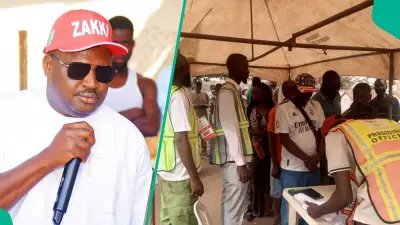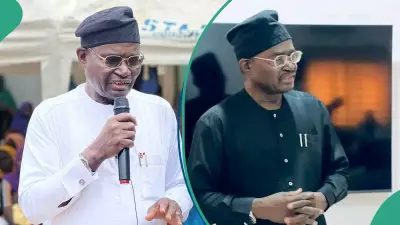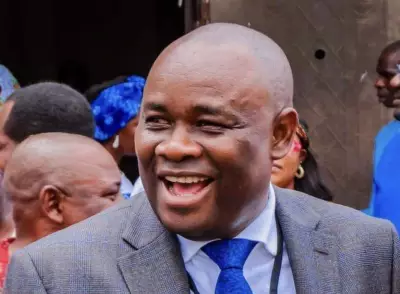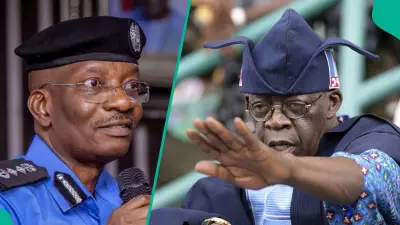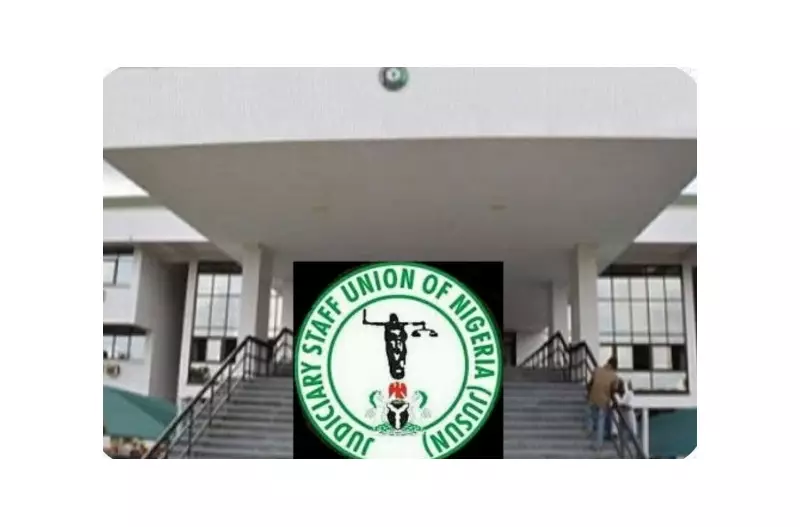
In a powerful address that has sent ripples through Nigeria's legal community, prominent legal practitioner Steve Daniel has issued a compelling call for sweeping reforms within the country's justice system. The legal expert emphasized that without genuine judicial independence, Nigeria's democracy remains incomplete and vulnerable.
The Urgent Need for Judicial Autonomy
Daniel passionately argued that an independent judiciary forms the bedrock of any functioning democracy. "When the judiciary cannot operate freely without external influences, the very concept of justice becomes compromised," he stated during his recent presentation. His concerns highlight growing worries about political interference in judicial matters across Nigeria.
Confronting Systemic Challenges
The legal luminary didn't shy away from identifying the pressing issues plaguing Nigeria's courts. Among the most critical challenges he highlighted were:
- Delayed justice delivery leading to case backlogs
- Inadequate funding for judicial operations
- Potential external pressures on judicial decisions
- Insufficient judicial infrastructure across states
Blueprint for Meaningful Reform
Daniel proposed concrete solutions to revitalize Nigeria's justice system, emphasizing that mere cosmetic changes would prove insufficient. His comprehensive reform agenda includes:
- Financial Independence: Ensuring the judiciary controls its own budget without executive branch interference
- Modernization Push: Implementing digital case management systems to reduce delays
- Judicial Training: Enhanced continuous education for judges and court staff
- Infrastructure Development: Upgrading court facilities nationwide
Broader Implications for Nigerian Society
The call for reform extends beyond legal circles, touching every aspect of Nigerian life. Daniel stressed that an efficient, independent judiciary directly impacts economic development, foreign investment, and citizens' fundamental rights. "When people lose faith in the justice system, they seek alternative means of dispute resolution, which can lead to societal breakdown," he warned.
His message resonates particularly strongly amid ongoing national conversations about governance, accountability, and the rule of law. Many legal observers see Daniel's intervention as timely, given increasing public scrutiny of judicial processes in high-profile cases.
The legal community's response has been largely supportive, with several senior advocates endorsing the need for systemic changes. However, implementing these reforms will require concerted effort from all branches of government and civil society organizations.
As Nigeria continues its democratic journey, voices like Steve Daniel's highlight the crucial work remaining in building institutions that can truly serve all citizens equally and impartially.


